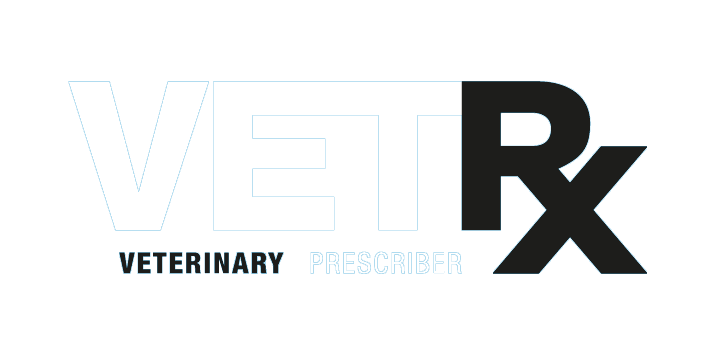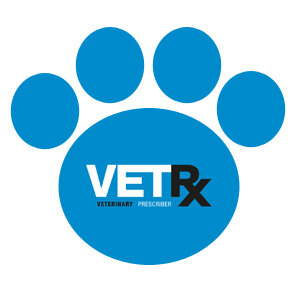Medicines News April 2020
Medicines news
A roundup of the temporary relaxation of rules on veterinary medicines supply during the COVID19 situation
The need for physical distancing has led to a temporary relaxation of some of the rules around the supply and prescription of veterinary medicines. We now know that the relaxations announced by the VMD are to continue at least until 31 July, when they will be reviewed again. Here is a summary of the changes - follow the links for full details:
Medicines supply may be made from a temporary premises when access to a RCVS-registered veterinary practice is no longer possible. Link
Vets may delegate medicines supply to internet retailers or wholesalers for home delivery to end user. Link
Supply of veterinary specials may be made directly to the owner. In such cases, the requesting vet must supply the manufacturer with all information needed for labelling and informing the owner about warnings etc. Link
SQPs may prescribe and authorise supply of veterinary medicines remotely. Link
SQPs may supply veterinary medicines from temporary premises. Wholesale dealers will be allowed to supply veterinary medicines to SQPs at such temporary premises. Link
All VMD inspections have been postponed. Veterinary Medicines Regulations continue to apply. Link
Remote prescribing without a physical examination permitted in exceptional circumstances and when appropriate.This guidance from the RCVS on remote prescribing will be reviewed continuously and no later than 30 June 2020. The relaxation guidance is included in a series of FAQs on practice during the COVID19 situation. Link
Guidance from the RCVS. This will be reviewed continuously and no later than 18 August 2020.
Remote prescribing without a physical examination permitted in exceptional circumstances and when appropriate. According to the Veterinary Medicines Regulations, before prescribing a vet must carry out a clinical assessment of the animal and the animal must be under the vet’s care. The RCVS definition of ‘under care’ includes that there will usually have been a physical examination of the animal. The new guidance is included in a series of FAQs on practice during the COVID19 situation. For more details, follow the link: https://www.rcvs.org.uk/setting-standards/advice-and-guidance/coronavirus-covid-19/
New medicines
The following medicines have recently been authorised in the UK but do not yet know when they will be available:
pimobendan chewable tablets for dogs (Pimotab – CP Pharma). This has the same indications as Vetmedin Chew. POM-V
propofol emulsion for infusion, for cats and dogs (Propomitor – Animalcare). No preservative. Similar to Propofol Lipuro Vet. POM-V
thiamazole 10mg/mL oral solution for cats (Thiamacare – Ecuphar/Animalcare) For the stabilisation of hyperthyroidism in cats prior to surgical thyroidectomy and for the long-term treatment of feline hyperthyroidism. POM-V. This new product contains a higher strength of thiamazole than the oral solutions already marketed (Normazole and Thyronorm – contain 5mg/mL).
New adverse effect information
fluralaner chewable tablets for dogs (Bravecto). The SPC has been updated to include warnings relating to muscle tremor and ataxia. Wording changed to ‘Lethargy, muscle tremor, ataxia and convulsions have been reported very rarely in spontaneous reports. Most reported adverse reactions were self-limiting and of short duration.’
fluralaner spot-on solution for dogs (Bravecto). The SPC has been updated to include the following adverse event wording; ‘emesis, lethargy and anorexia have been reported very rarely in spontaneous reports after the use of this product'.
Other changes to SPCs
Buprelieve Multidose 0.3 mg/ml solution for injection for dogs, cats and horses (buprenorphine). Wording added to the SPC relating to mixing with other products: ‘This veterinary medicinal product can be mixed in the same syringe with aqueous solutions for injection containing acepromazine as maleate and medetomidine and dexmedetomidine as hydrochlorides. Syringes with these mixtures should be used as soon as practicable. Any unused mixed solution remaining in the syringe should be disposed appropriately.’
Methadyne 10 mg/ml solution for injection for dogs and cats (methadone hydrochloride). Wording added to the SPC relating to mixing with other products: ‘can be mixed in the same syringe with aqueous solutions for injection containing acepromazine as maleate and medetomidine and dexmedetomidine as hydrochlorides. Syringes with these mixtures should be used as soon as practicable. Any unused mixed solution remaining in the syringe should be disposed appropriately. This veterinary medicinal product may also be mixed with the infusion solutions indicated in section 4.9. In the absence of further compatibility studies, this veterinary medicinal product must not be mixed with other veterinary medicinal products.’
You can get the full SPC of any UK-authorised veterinary medicine from to the VMD’s Product Information Database.
Our purpose...
......is to provide busy veterinary professionals with impartial information on veterinary medicines with which to make treatment decisions in the best interests of animals, their owners and the environment. We mainly do this through the Virtual Veterinary Medicines Academy where our evidence-based peer-reviewed appraisals are the result of a rigorous research and editorial process and are presented succinctly in our multi-media CPD modules. We’re independent: we don’t sell ads, or receive commercial support. We’re funded by subscribers so you can be sure the information we provide is completely objective. Subscribers get unlimited access to the Virtual Veterinary Medicines Academy.

